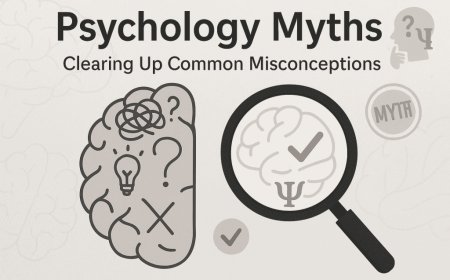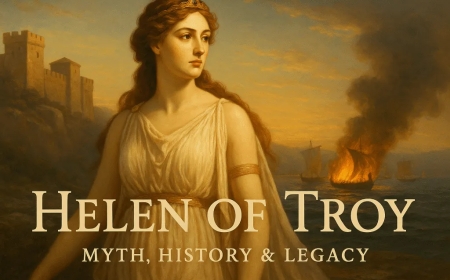Feminism and Equality : History, Myths, and Its Role in Shaping a Just Society
Explore feminism and equality from a global perspective its history, core principles, common myths, and its ongoing role in shaping societies, advancing women’s rights, and building a just world for all.
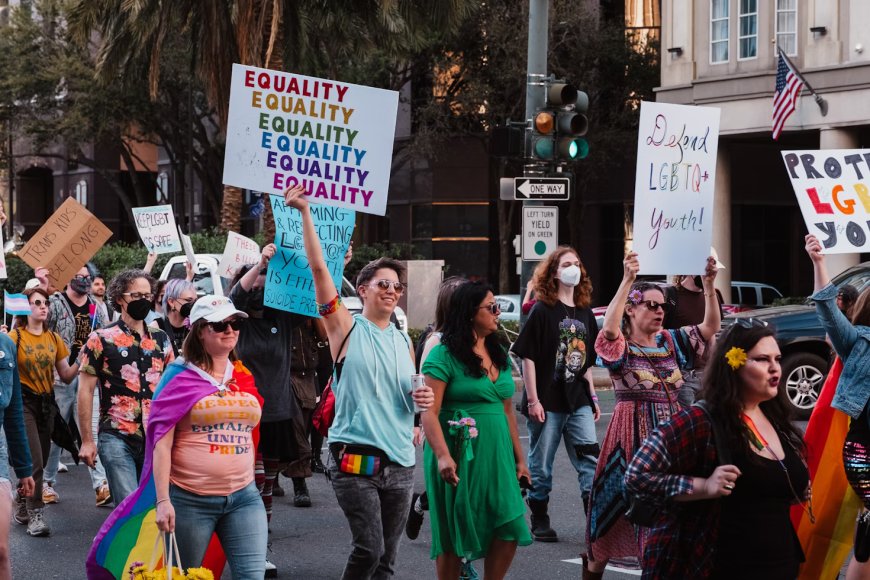
Table of Contents
- Introduction
- Myths and Misconceptions About Feminism
- The Ancient Roots of Feminism
- Mary Wollstonecraft : The Mother of Feminist Thought
- The Four Waves of Feminism
- Feminism in Cultural Contexts : From Aurat March to Everyday Traditions
- Feminism and Women’s Safety
- Feminism, Family, and Responsibilities
- Women’s Rights in Religions – Especially in Islam
- Feminism Across Cultures
- Criticisms of Feminism
- Why the World Still Needs Feminism
- Feminism Is for Everyone
- Conclusion
- FAQs : Frequently Asked Questions About Feminism
-
Introduction
What Is Feminism Really About?
Feminism is one of the most powerful and misunderstood ideas in our world. If you’ve ever heard the word and felt confused, or thought it was about something it’s not, you’re not alone. Maybe you’ve heard someone say, “Feminists just hate men,” or “We don’t need feminism anymore.”
So, what is the real feminism definition? At its heart, it’s incredibly simple: Feminism and Equality are two sides of the same coin. It’s the belief that all people, regardless of gender, deserve equal rights, equal opportunities, and equal respect. It’s not about women being better than men. It’s about everyone having the same chance to thrive.
Some critics falsely claim it is “anti-men” or “anti-family.” Feminism is not an imported idea it is rooted in human history. From ancient queens like Hatshepsut, to thinkers like Mary Wollstonecraft, to today’s movements like the Aurat March, feminism has always been a voice against injustice.
-
Myths and Misconceptions About Feminism
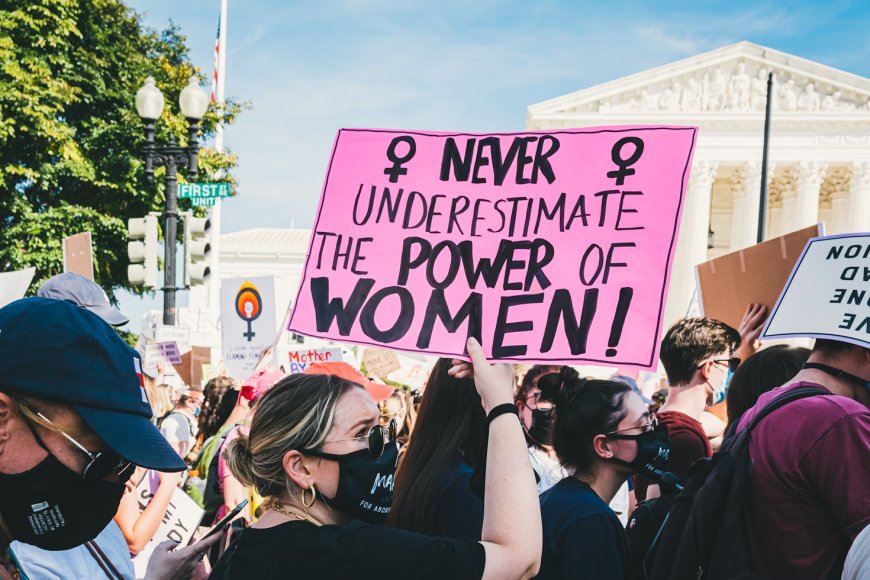
Feminism is often misunderstood. Let’s break down the most common myths so everyone can understand what it really means.
Myth 1: Feminism is Against Men
Many people think feminism is “anti-men.” That’s not true. Feminism helps everyone, including men. It fights harmful ideas like “men can’t cry” or “men must always provide money.” True equality lets men show emotions, care for their families, and follow careers they love without judgment. Many men support feminism because it creates a fairer world for themselves, their daughters, mothers, and sisters.
Myth 2: Feminism Is No Longer Needed
Some think feminism isn’t necessary today because women can vote or work. But the fight isn’t over. Women still earn less than men for the same work, face discrimination in leadership roles, and suffer from violence worldwide. Feminism helps solve these ongoing problems.
Myth 3: Feminism Destroys Families or Tradition
Feminism doesn’t break families it strengthens them. It promotes equality at home. This means sharing responsibilities like earning, cooking, and taking care of children. Studies show that couples who share housework equally report higher satisfaction in their marriage.
For example, in Sweden where family policies support both parents in childcare divorce rates are lower and children report feeling closer to both parents.
Feminism means women are superior : Incorrect. Feminism advocates equality, not superiority.
-
The Ancient Roots of Feminism
Hatshepsut: The Pharaoh Who Defied Patriarchy
In 1507 BCE, Hatshepsut rose to power and became one of Egypt’s most extraordinary rulers. In a world dominated by men, she confidently wore the crown of a pharaoh. Hatshepsut led armies, expanded trade, and built stunning temples that still stand as a testament to her reign.
After her death, however, later rulers tried to erase her legacy chiseling her image from monuments and rewriting history. This attempt to silence her serves as a powerful reminder of how societies often resist women in positions of power.
Women in Myths and Legends
Long before patriarchy took hold, women were celebrated as symbols of wisdom, strength, and divinity. Cultures across the world revered goddesses like Athena in Greece, known for her intelligence and strategy, and Durga in India, a fierce protector who battled evil.
Even figures from myths, like Helen of Troy show how women could hold immense influence yet also be blamed for events beyond their control. These stories reveal how women were both admired and restricted, depending on the society around them.
-
Mary Wollstonecraft : The Mother of Feminist Thought
In 1792, Mary Wollstonecraft published A Vindication of the Rights of Woman. She declared that women were not naturally inferior but were made so by lack of education. In a time when women were expected to remain silent, her writings argued that women deserved the same intellectual and political respect as men.
Her work became the foundation of modern feminist philosophy and inspired generations of activists.
-
The Four Waves of Feminism
First Wave (19th–Early 20th Century): The Fight for Legal Rights
-
Focused on women’s right to vote.
-
Leaders like Susan B. Anthony and Emmeline Pankhurst demanded recognition in politics.
-
The suffragette struggle proved women could shape nations.
Second Wave (1960s–1980s): Breaking Social Barriers
-
Expanded focus to reproductive rights, workplace equality, and family roles.
-
Famous slogan: “The personal is political.”
-
Leaders challenged the idea that women belonged only in homes.
Third Wave (1990s–2000s): Diversity and Intersectionality
-
Recognized that not all women face the same struggles.
-
Highlighted issues of race, class, sexuality, and global inequalities.
Fourth Wave (2010s–Present): Digital Activism and Global Struggles
-
Movements like #MeToo and Aurat March emerged.
-
Social media gave women a louder voice against harassment, violence, and inequality.
-
Focuses on body positivity, inclusivity, and dismantling toxic masculinity.
-
-
Feminism in Cultural Contexts : From Aurat March to Everyday Traditions

Feminism doesn’t look the same everywhere; it changes depending on culture. South Asia is a clear example of how local traditions shape feminist movements.
The Aurat March (Pakistan): Every year on International Women’s Day, thousands of women and supporters come together to demand justice, equality, and safety. Slogans like “Mera Jism Meri Marzi” (My Body, My Choice) and “Apna Khana Khud Garam Karo” (Heat Your Own Food) often spark big debates. Supporters see them as calls for basic rights and dignity, while some critics call them “too extreme.” The Aurat March shows how feminism challenges cultural taboos and encourages people to rethink traditional norms.
Clothing and Dress Codes: In many cultures, women are expected to dress in certain ways, while men face no such pressure. Feminism questions this unfair rule: why is a woman’s respect tied to her clothes but a man’s isn’t?
Toxic Ideas About Men: Society often tells men to hide emotions and avoid caregiving roles. Feminism challenges these ideas, showing that being emotional, nurturing, or caring doesn’t make someone weak. Sharing responsibilities makes both men and women stronger.
Family Roles: In many traditional families, men are expected to be providers, and women to take care of the home. Feminism promotes balance, encouraging shared responsibilities both at home and at work.
-
Feminism and Women’s Safety
One of the strongest reasons feminism remains vital is safety.
-
A survey in Pakistan (2021) found that over 90% of women had experienced harassment in public spaces. Ask any woman in Karachi or Lahore, and she’ll tell you about holding her phone on a fake call or texting a friend until she reaches home safely. That fear is exactly what feminism wants to end..
-
Harassment is widespread,” add how people experience it.
-
A young woman in Lahore shared that she avoids taking public buses after sunset because of daily harassment. This is not an isolated story it reflects what surveys show : 60% of Pakistani women have faced harassment in public.
-
Rape and gender-based violence continue to rob women of freedom, dignity, and trust in society.
Movements like #MeToo and Aurat March highlight these injustices, but change requires respect from men and recognition that women deserve the same freedom to live safely as men do.
When women say “We want freedom” it does not mean they reject family or culture it means they want to live without fear. They want to dress without judgment, work without harassment, and move freely in public without being blamed for the crimes committed against them.
Feminism is not against men it calls on men to become allies. Real strength is not about controlling women; it is about respecting them as equals.
-
-
Feminism, Family, and Responsibilities
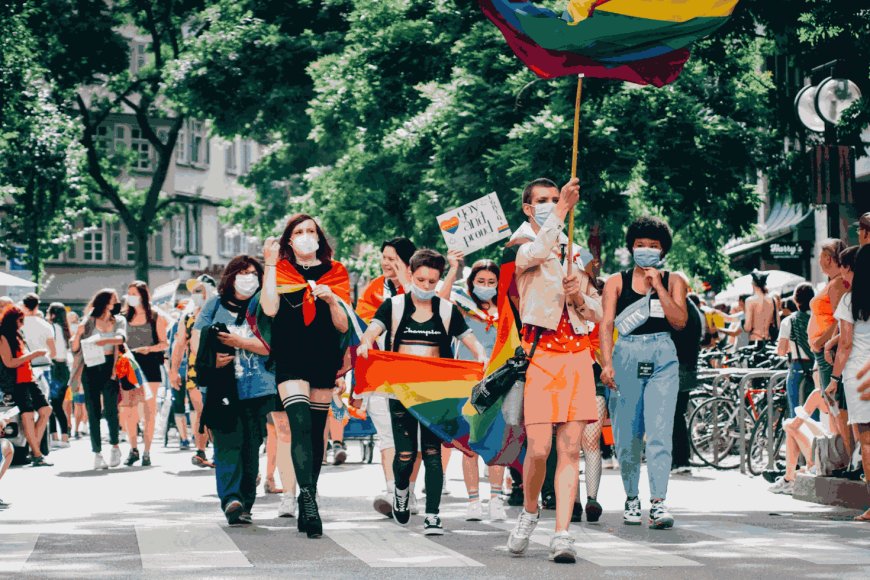
One of the most sensitive yet important areas feminism addresses is family life. In many cultures, women face forced control at home:
-
Forced Marriages and Domestic Pressure: Some men use force or family pressure to marry women against their will. This strips women of their basic human right to choose their life partner.
-
Control Over Children’s Education: In some families, men decide whether daughters (and even sons) should study, often denying children especially girls the right to education. Feminism challenges this by saying every child, regardless of gender, deserves full education.
-
Marital Responsibilities: Too often, men see marriage as a privilege without responsibility. They expect women to cook, clean, raise children, and remain silent even when mistreated. Feminism rejects this imbalance. A woman has the right to demand respect, love, healthcare, and partnership in marriage.
True partnership means shared responsibility:
-
If a woman supports her husband in his illness, career, or struggles, then a man must also stand beside her in her illness, ambitions, and challenges.
-
A healthy marriage is not about power and control it is about mutual care, respect, and equality.
-
-
Women’s Rights in Religions – Especially in Islam
Every major religion has spoken about justice and dignity for women. While cultural practices often distort these teachings, the core principles show that women’s rights are not a “modern invention” but deeply rooted in faith traditions.
-
In Christianity: Women like Mary Magdalene played crucial roles in early religious communities, though history often minimized their contributions.
-
In Hinduism: Goddesses like Saraswati and Durga symbolize wisdom and strength, showing women as divine forces.
-
In Islam: Women’s rights were clearly outlined 1,400 years ago. Islam granted women the right to inheritance, education, divorce, property ownership, and business at a time when most of the world denied them basic recognition.
Unfortunately, cultural norms often overshadow these rights. Many Muslim women today still struggle for the very freedoms their religion already guarantees. Feminism in Muslim societies is therefore not about importing foreign ideas, but about reviving the rights Islam already granted.
-
-
Feminism Across Cultures
- India: Savitribai Phule pioneered education for women against immense resistance.
- Middle East: Malala Yousafzai risked her life for girls’ education.
- Africa: Wangari Maathai won the Nobel Peace Prize for linking women’s rights with environmental justice.
Feminism is universal, but each region shapes it differently, proving that the fight for equality belongs to all humanity.
-
Criticisms of Feminism
Some criticisms are worth noting:
-
Radical voices sometimes overshadow balance.
-
Men’s issues like mental health, are often ignored.
-
Cultural clashes when feminism challenges long-held traditions, resistance arises.
But these criticisms should spark dialogue, not dismissal.
-
-
Why the World Still Needs Feminism
Despite progress, women globally face:
-
Wage gaps in workplaces.
-
Violence and harassment in public and private spaces.
-
Underrepresentation in leadership.
-
Social expectations that restrict choices.
Feminism remains essential not just for women, but for men, families, and society.
-
-
Feminism Is for Everyone
Feminism frees men from toxic masculinity, allowing them to be more human. It gives children a better future by modeling equality at home. It empowers women to reach their full potential. A society that respects women equally is not just fairer it is stronger.
-
Conclusion
Feminism is not about hating men, destroying families, or rejecting tradition. It is about justice, equality, and love. From ancient queens like Hatshepsut to modern activists of the Aurat March, from religious rights to family responsibilities, feminism has always been a fight for dignity.
And the truth is clear: a society that disrespects women can never progress. Until every woman can walk safely at night, study freely, choose her path, and live with dignity the fight for feminism is not over.
-
FAQs : Frequently Asked Questions About Feminism
1. What is feminism in simple words?
Feminism is the belief that women deserve the same rights, opportunities, and respect as men. It’s not about hating men or taking power away from them—it’s about building a fair society where both genders can thrive equally.
2. Is feminism against men?
No. This is one of the biggest misconceptions. Feminism is not against men—it is against inequality, abuse, and discrimination. In fact, many men proudly call themselves feminists because they believe in fairness and respect for women.
3. Why do we still need feminism today?
Even in 2025, women face challenges like the gender pay gap, limited leadership roles, workplace harassment, forced marriages, and domestic violence. Until women everywhere have equal opportunities and safety, feminism remains necessary.
4. What does Islam say about women’s rights and feminism?
Islam gave women strong rights centuries ago—such as the right to inheritance, marriage by choice, education, and respect in society. Feminism, when understood correctly, does not conflict with Islam; rather, it echoes these rights that women already have.
5. What is the Aurat March, and why is it important?
The Aurat March is an annual women’s rights march in Pakistan. Women, men, and allies gather to demand safety, equality, and justice. They highlight issues like workplace harassment, forced marriages, domestic abuse, and lack of access to healthcare and education. Critics may call it “anti-culture,” but in reality, it’s about giving women the dignity and rights they deserve.
6. Does feminism mean women want to dominate men?
No. Feminism does not mean replacing patriarchy with matriarchy. It means creating balance and equality—where men and women share responsibilities, respect each other, and build healthier families and societies together.
What's Your Reaction?
 Like
0
Like
0
 Dislike
0
Dislike
0
 Love
0
Love
0
 Funny
0
Funny
0
 Angry
0
Angry
0
 Sad
0
Sad
0
 Wow
0
Wow
0
